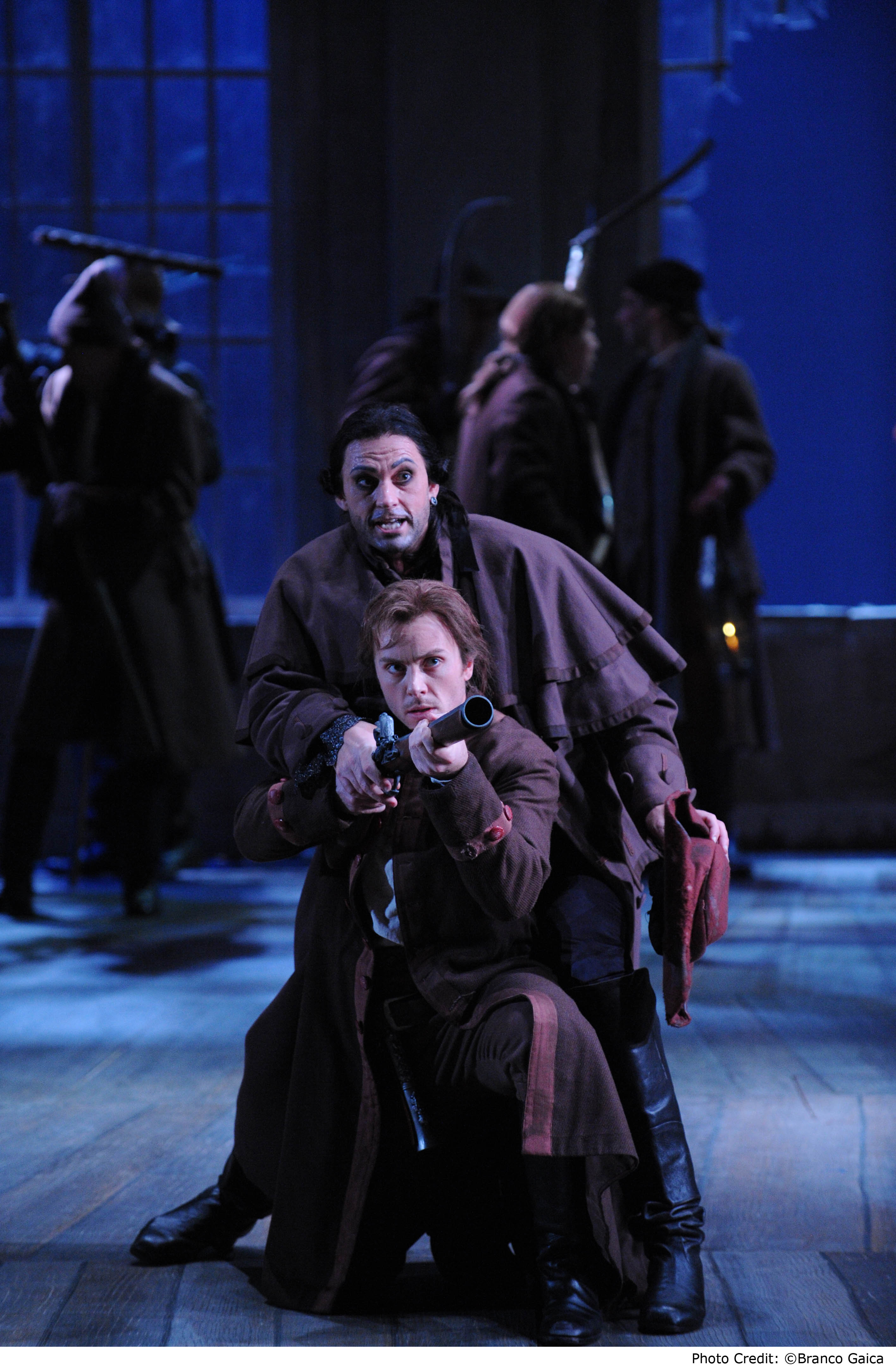Beethoven 250 – Impressions: Paul Kildea

This week, Paul Kildea, conductor, author and Artistic Director of Musica Viva Australia, gives us his invaluable insights into his encounters with the music of Beethoven. Paul has held posts as artistic director of the Aldeburgh and Perth festivals, the Four Winds Festival in coastal New South Wales and London’s Wigmore Hall. He has also conduscted ensembles throughout Australia and Europe.
Paul has written extensively on Benjamin Britten, including three books, published to high acclaim, Selling Britten, Britten on Music and Benjamin Britten: A Life in the Twentieth Century. In 2018 Penguin published Paul’s book Chopin’s Piano: A Journey through Romanticism, which author William Boyd nominated as a Times Literary Supplement Book of the Year.
SLS: What was your first experience of Beethoven’s music – did you hear it, play it/ and what was your response to it?
PK: I never quite understood Beethoven as a teenager. I came to music late, so I’m sure I learned some small pieces at an age when most pupils are tackling chunkier, moodier pieces. I remember learning the first piano sonata for an AMEB exam but preferring Bach. This preference remained throughout my undergraduate years, though today I’m sure it would be illegal to do an entire degree and not play Beethoven. Many years later at Aldeburgh – the Festival founded by Benjamin Britten in 1948 – I was asked to step in on relatively short notice and conduct a concert that included Symphony No. 7 and that experience completely changed my way of thinking about him. And now I look at him with complete awe – how his own career and compositions changed the way we think about music.
SLS: Have you played his music on an instrument other than your main performing medium – your thoughts on the difference/s?
PK: I can’t imagine the piano music on another instrument; it’s so wired into the fast-developing pianoforte that to put it elsewhere would be an insult to the impact Beethoven had on the construction, range and vision of the modern piano. Hands off, trumpeters!
I once conducted the pianist/composer Dejan Lazic’s arrangement of Brahms’s Violin Concerto as a piano concerto. It’s a completely wonderful reimagining of the piece – built around Dejan’s conviction that Brahms wrote the original on a piano and just translated it to the violin; he was just taking it back – but I tell you: all the orchestra’s violinists looked at us both with dagger eyes.
SLS: What are your insights into the enduring appeal of Beethoven’s music?
PK: I think the appeal is because in many ways we haven’t yet caught up to him. Britten once said that the reason the final eighteen months of Schubert’s life were so rich is because upon Beethoven’s death Schubert could finally emerge from behind this towering figure. Given that in those eighteen months Schubert wrote Winterreise, the String Quintet, the Symphony in C and the last three piano sonatas, Britten was right to wonder about the magical wellspring in which they originated. Even so Beethoven shadow was long: we are all still in it to a degree.
SLS: Your favourite piece by Beethoven that you have never played?
PK: I think perhaps the Op. 32 sonata, with that fantastic Boogie Woogie section in the second movement that seems to come from nowhere and then disappears – for a hundred years!
SLS: When you can give another ‘live’ performance again, what is the first of his pieces that you will programme?
PK: I’m drawn to the strange and obscure: The Ruins of Athens, for example, or The Choral Fantasy, which can’t quite work out whether it’s a piano concerto or a dry run of the ninth. Or both. There’s such a formal freedom to the latter that I can’t help thinking of it as a butcher-shop window of offcuts, jammed together to give the impression of a whole carcass. But I’d still love to conduct it!





